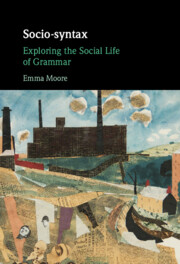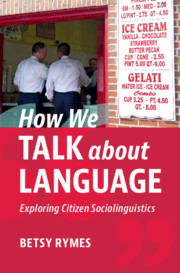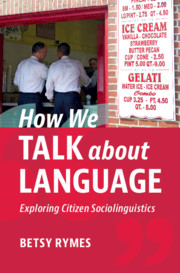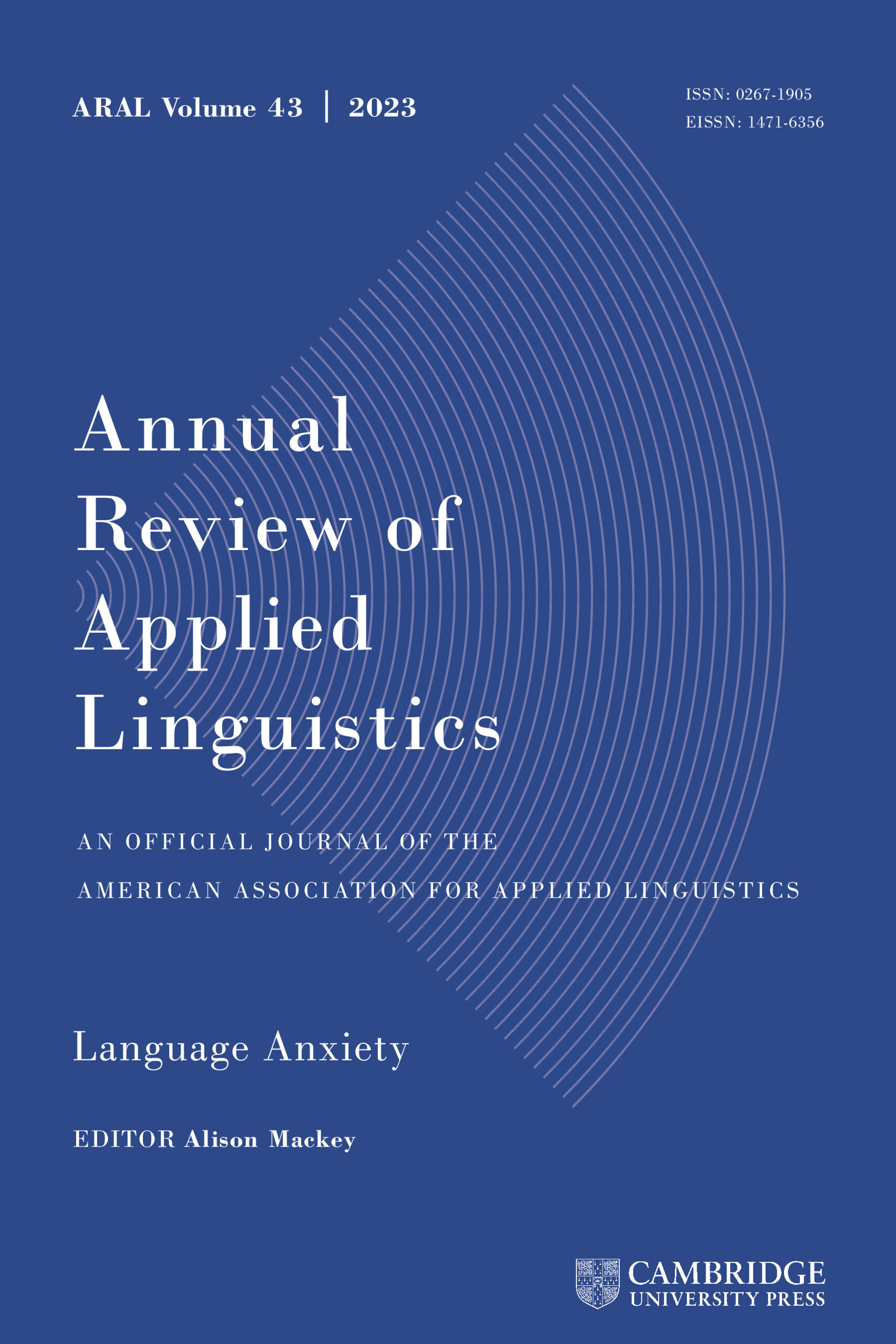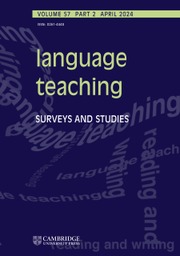Socio-syntax
How do we adapt our grammar to communicate social detail? Do all working class people have a local dialect or are we free to use language in ways that transcend our place in the social hierarchy? Seeking to answer these questions, this pioneering book is the first to exclusively and extensively address the relationship between social meaning and grammatical variation. It demonstrates how we use grammar to communicate alignments and stances and to construct our social style or social identity. Based on an ethnographic study of high school girls in Northern England, it also uses the author's own experiences as a working-class student, to argue for change in how we conceive of grammar and how grammar is taught in schools. Lively and engaging real life examples from the study are included throughout, bringing to life new contributions to debates in variationist sociolinguistic and linguistic anthropology.
- Provides the first book-length treatment of the relationship between social meaning and grammatical variation
- Draws on an ethnographic study of high school girls, bringing to life the book's theoretical contributions to debates in variationist sociolinguistic and linguistic anthropology
- Combines rigid empirical analysis of young people's interactions with the author's own experiences as a working-class student, to argue for change in how we conceive of grammar and how grammar is taught in schools
Reviews & endorsements
'This is a fascinating book exploring linguistic variation in young people and how they make meaning in their own social contexts. It is fascinating in its own right for anyone interested in language and grammar. But, for me, its real significance is the insight it offers to how standard and non-standard variations are equally capable of communicating rich meanings, and the challenge it poses to current orthodoxies about standard English. For educational policymakers and practitioners, the book illustrates clearly the risks of language policies which sustain and perpetuate social inequalities.' Debra Myhill, Professor Emerita of Language and Literacy Education
'This wonderful book is a landmark in our understanding of syntactic variation. Emma Moore combines ethnography, variationist methods and interactional analysis to lay the foundations of new ways of researching grammar, social class, language use, language in education, and more. Equally innovative is her discussion of how a researcher's personal life experiences can lead to original insights into language use and language analysis. Beautifully written and enriched throughout with lively examples from an extensive data set, this book is essential reading!' Jenny Cheshire, Emeritus Professor of Linguistics, Queen Mary University of London
'This is a deeply insightful study of syntactic variation, weaving social practice with semantics and pragmatics to illuminate the social meaning of a heterogeneous range of syntactic variables. Based in a brilliant ethnography, this book also rediscovers class for the sociolinguist, in all its richness and as it is lived and spoken. A landmark study.' Penelope Eckert, Albert Ray Lang Professor Emerita, Stanford University
'A landmark study of grammatical variation in spoken English.' Stephen Levey, Language in Society
Product details
November 2023Hardback
9781108843973
280 pages
235 × 159 × 20 mm
0.55kg
Available
Table of Contents
- 1. Why does the social meaning of grammar matter?
- 2. The social landscape of Midlan High
- 3. How do we study the social meaning of grammatical variation?
- 4. How free are we to vary the grammar we use?
- 5. How do we use grammar to design our talk?
- 6. Does everyone use grammar to make social meaning?
- 7. How does grammar combine with other elements of language?
- 8. What does it mean to view grammar as a fluid, flexible social resource?.

